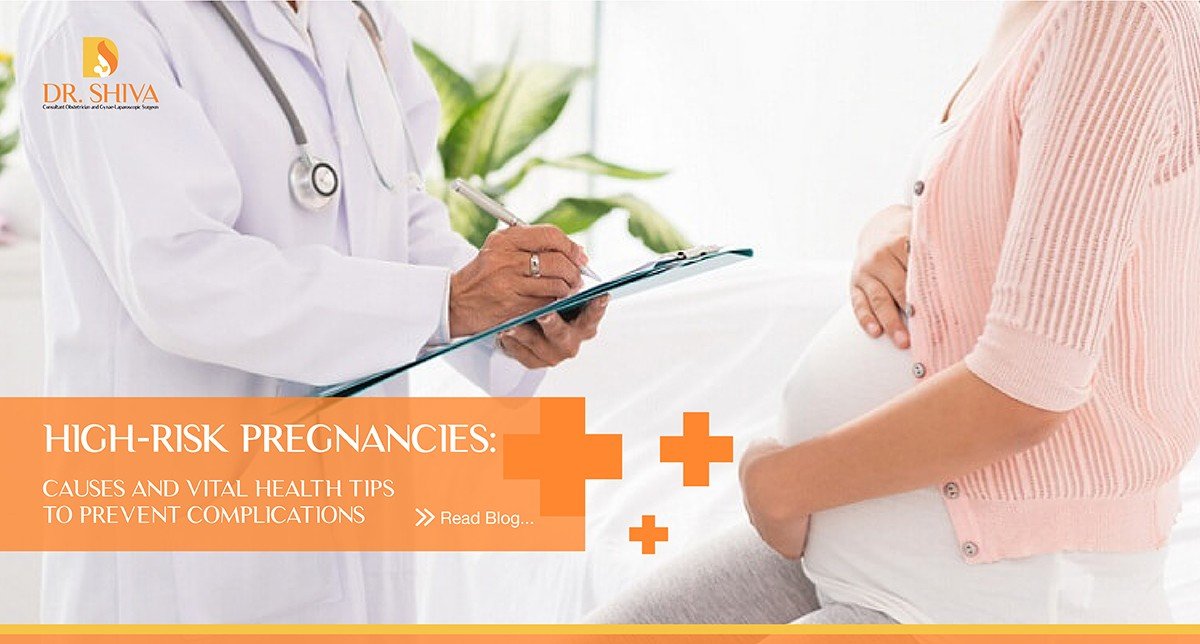
Infertility is when a couple has been unsuccessful in efforts to conceive over one full year. Infertility is a condition that affects approximately 1 out of every 6 couples. This is seen in men and women for approximately 30% in both cases.
As per the Dubai Health Authority’s (DHA) latest findings, there is a significant reduction in the birth rate in Dubai, then in the other parts of the world. In the last 50 years, it has been seen that the average birth rate has dropped down from 6.9 to 1.8 children. Around 50 percent of women in the UAE face infertility issues. One out of every five couples is infertile. Recent research by IVI Middle East counselors also brings to light that the largest number of infertility cases is from the age group of 35-40 in the region. This infertility rate is seen rising in the age group of 20-30 too.
Infertility can be related to several different factors in females, from problems with producing eggs, damage to Fallopian tubes or uterus, problems with the cervix, Age of the women (above 35 years), Low egg reserve, anatomy, and endocrine systems. ”The major cause of infertility in Dubai women is obesity. Most women in Dubai are found with high Body Mass Index (BMI) of over 30, this is probably due to sedentary lifestyles, improper eating habits or work stress.” explained Dr.Shiva.
Other factors that impact women’s Infertility include Age, Pelvic inflammatory disease, uterine abnormalities, Vitamin D deficiency, endometriosis, polycystic ovary syndrome (PCOS), hypothyroidism, cardiovascular diseases, and cancer.
In women, the ability to procreate largely depends on age. As a woman grows older, the process of forming and releasing an egg becomes slower and less effective. “Many women wait until their 30s and 40s to have kids. A younger woman’s eggs are less likely than an older woman’s to have genetic abnormalities that cause health conditions such as Down Syndrome. The risk of miscarriage is also lower.” said Dr.Shiva Harikrishnan, Consultant Obstetrician & Gynae-Laparoscopic Surgeon, Medcare Women & Children Hospital, Dubai.
Dr. Shiva also noted that despite abundant sunshine, 90 percent of the UAE population suffers from Vitamin D deficiency. “The active form of Vitamin D — calcitriol — not just controls the estrogen content in a woman, but many other genes that are involved in embryo implantation. Women having Vitamin D deficiency can face hormonal imbalance resulting in miscarriage. Lack of vitamin D can also result in complications, such as gestational hypertension and diabetes”.
The reproductive system is shown to be responsive to changes in the physical, chemical and psychological environment. According to NICHD research, the exposure to persistent organic pollutants and endocrine-disrupting chemicals (EDCs) in the environment can affect female infertility. Smoking in both men and women has also been suggested as a cause of infertility. Natural conception is twice as difficult for smoking women, as it reduces the success rates of fertility treatments.
In spite of Dubai being advanced in technology and communication, many women are unaware of their medical conditions such as endometriosis, pelvic inflammatory disease, and uterine abnormalities. They suffer in silence and don’t receive proper treatment. Late diagnosis of these medical conditions results in future infertility.
Women are needed to be consulted and updated on these medical issues frequently. A regular visit to your gynecologist including a pelvic exam or a pap test can lead to early diagnosis of such medical condition and reduces the risk of infertility.
If you as a couple have been unsuccessful in trying to conceive for over a year, speak with a fertility specialist that is usually an obstetrician-gynecologist. At this point, you may want to begin an infertility evaluation.
If you are over 35, consider consulting your gynecologist after four to six months of trying to conceive. Pregnancy is less likely to occur without fertility treatment at this age.
If you want to learn more about fertility treatments, reach out to us by calling +971585904123.
Sources:
https://m.khaleejtimes.com/news/uae-health/rising-infertility-a-cause-for-alarm-in-uae-
https://gulfnews.com/going-out/society/obesity-a-major-cause-of-infertility-in-uae-women-1.2203319
https://www.khaleejtimes.com/news/uae-health/80-success-rate-for-ivf-a-/myth-uae-experts



Recent Comments